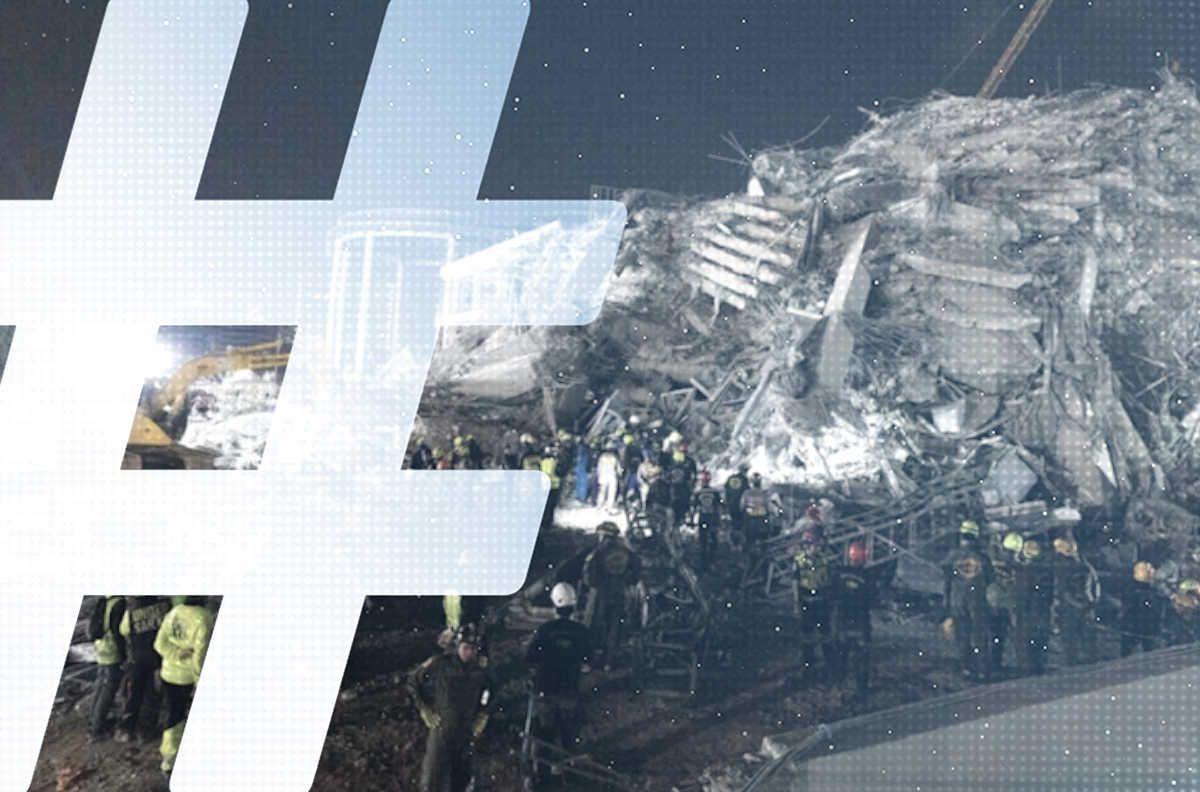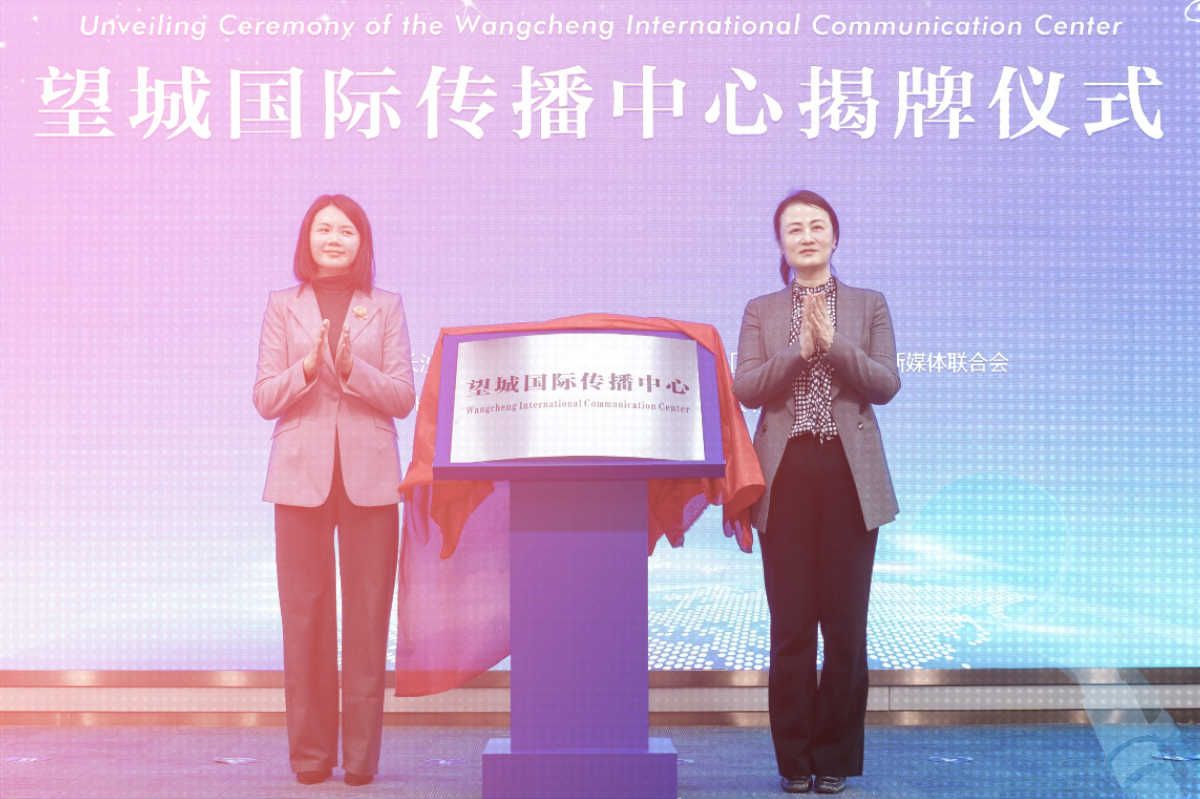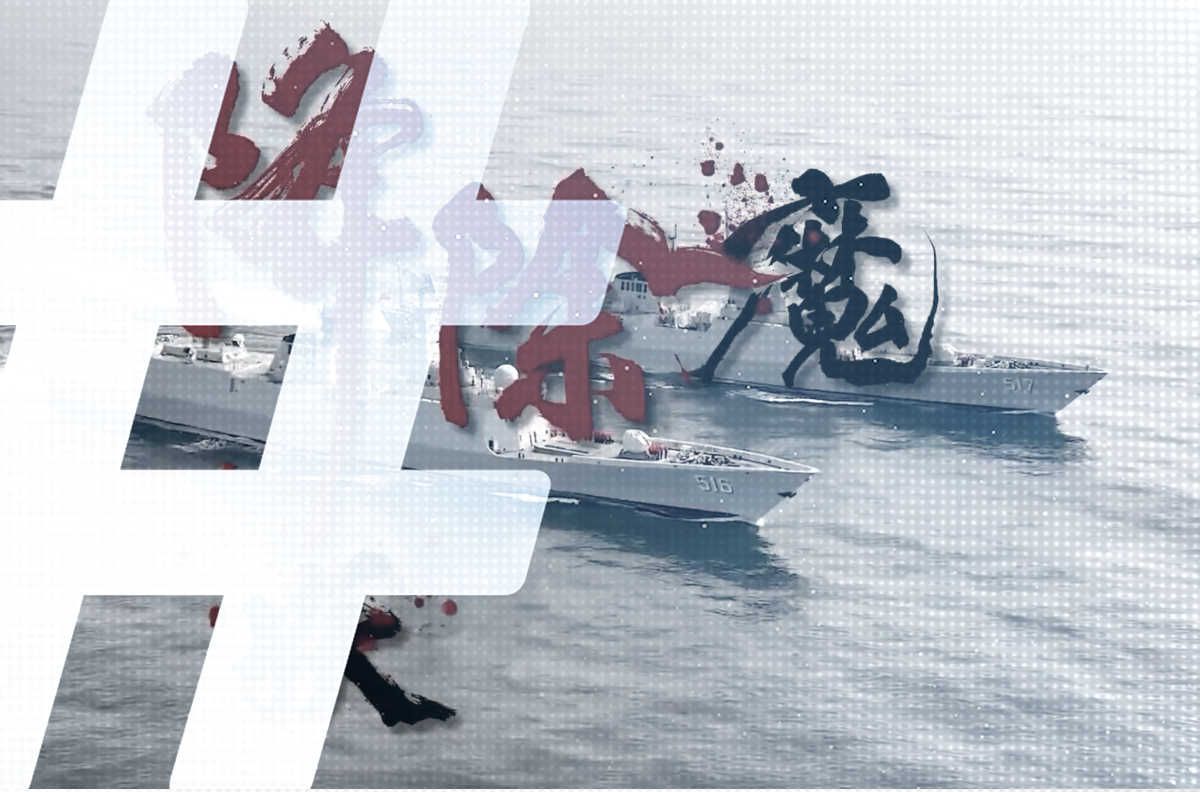On May 5, a post purporting to be the full transcript of an interview by now-detained Chinese artist Ai Weiwei (艾未未) with a so-called “Internet commentator,” or wangluo pinglunyuan (网络评论员), made the rounds on China’s Internet, where it was quickly removed and just as quickly reposted on various blogs and online forums.
Online commentators, known colloquially in China as “50 Centers” or the “50-Cent Party” (五毛党) because they were once rumored to earn 50 Chinese cents for each pro-CCP comment made in online forums or the comment sections of major news stories on Web portals such as QQ.com and Sina.com, are now a generally acknowledged fact in China. But given the secrecy that still surrounds all methods of public opinion control in China, precious little is still known about these hired hands.
For some introductory reading on the topic, please see David Bandurski’s 2008 piece in the Far Eastern Economic Review, which also places the “commentators” in the context of President Hu Jintao’s media policy, which is centered around the relatively new buzzword “public opinion channeling”, or yulun yindao (舆论引导). Another popular term for these “commentators” in recent months has been “public opinion channeler” (舆论引导员), which is used often in this purported Ai Weiwei interview.
[UPDATE: We have confirmed the authenticity of the interview with a volunteer at Ai Weiwei’s studio, who writes: “The source is reliable. We first provided him with an interview outline, with close to one-hundred questions. After he had answered them, Ai Weiwei conducted a telephone interview with him on the basis of the written responses, adding the material from the telephone interview to the written responses.”] While we cannot confirm the authenticity of the interview, said to have taken place on March 22 this year, some have suggested it was compiled and posted by one of Ai Weiwei’s assistants. Posted in full form at the blog of Xin Liyang, among other places, the transcript was also posted at “Ai Ai Weiwei,” a site a site set up in support of the artist.
When and if we have further information on the origin of the posted transcript, we will make note of it here. Until then, we offer a translated portion of the purported Ai Weiwei interview, which offers and interesting glimpse into the world of the “public opinion channeler.”
Interviewee: W, Male, 26 years old. Public opinion channeler.
Interviewer: Ai Weiwei
Date of Interview: March 22, 2011
Method of Interview: E-mail and over the phone [NOTE: The Chinese suggests that perhaps questions were sent to the interviewee by e-e-mail and then a followed up with a phone call.]
Question: Could you tell me your name, your age, what city you’re in. And your Web alias as well (though you could choose to neglect that).
Answer: I definitely can’t make my name known in any form to the outside world. For this interview you can just call me “W.” I’m 26 years old. You can say I’m in Shanghai. As for my Web aliases and such, there are too many. Generally, I register and use new ones all the time. I won’t give examples here.
Question: How about your level of education, and your work experience?
Answer: I graduated from university, in the area of journalism studies. As for my work experience, I previously worked at a television station, then I started working for online media. Basically, I’ve been working all along in the news media industry, for about four to five years now.
Question: So when and under what situation was it that you began conducting channeling of public opinion work?
Answer: It was a little over a year ago, I guess. There wasn’t any special circumstances to speak of. I had a friend who said he was doing this, and I was online a lot every day, so he asked me whether I would be interested in doing it. I needed a bit of extra income at the time, so I said I’d give it a try. Once I started doing it, I realized just how easy it is, and it all started from there.
Question: How do you describe yourself the work you’re now doing?
Answer: My basic job is working for Internet media, but I don’t do journalism per se. Mostly I handle entertainment events, and from time to time I’ll go out and conduct interviews and things like that. Because I spend a lot of time on the Internet, I can do this online commentary work (网评的工作) as a part-time gig. Whatever you want to call it is fine — Internet commentator (网络评论员), public opinion channeler (舆论导向员), or even the “50-cent Party” (五毛党) everyone is so familiar with.
Question: What sort of conditions and qualifications are required of public opinion channelers?
Answer: I’m not sure what qualifications and such are required for other Internet commentators. When I started doing this, it was all just through the help and connections of this friend. All I did was provide proof of identity, and there weren’t any special or rigorous qualifications or conditions. Personally, I think to do this you need a definite degree of competency with language, because you have to write constantly.
Question: Did you go through any special work training? And if so, what specifically did it involve?
Answer: No, my friend just introduced the basics of the work process.
Question: What are the standards or criteria that govern the work?
Answer: I’m not sure how to answer that. Actually, there are no standards. If there are, I would have to say it’s understanding clearly what the guiding ideology of your superiors is (上级的指导思想). You first get a clear sense of what the public opinion orientation is up top, then you start your own work.
Question: Could you introduce the work process?
Answer: This question is pretty hard to answer. Actually, the work process is really simple [on the surface], but in terms of concrete practice it’s a lot of trouble, or it might vary according to certain incidents, particularly various sudden-breaking incidents. I’ll just give a general outline first, and the rest I can talk about through specific examples, and that should make it clear to you.
Generally, it works with one of us, or a small group of us, being responsible for certain major websites. I principally deal with a number of our BBS (bulletin-board) sites and major news portals, and I’ll often spend time in the news section at QQ.com. The work flow is generally in three major steps like this — receive a task, then begin searching for topics, and after that begin making posts to channel public opinion (引导舆论). So next I’ll get in to the specifics of what each step entails.
So receiving a task basically means making sure you check your e-mail every day, often checking your messages, or we set up a QQ Group. But generally we don’t talk about this content in the Group. We generally just say there’s work to be done, and remind everyone to check their e-mails. Generally, after something happens, and sometimes before new stories even break, we’ll receive an e-mail. It will tell you first about the incident, about the news, and then tell you what orientation to take (什么方向). So it tells you a general ideological orientation, and you go and channel the ideas of web users toward that orientation, or you go and blur the focus of web users, or you might go and stir the emotions of web users [over some issue] . . . Once you understand these instructions, you begin to select your subjects [or objectives], finding relevant news or articles on websites and then writing one’s own articles, making posts [in the response section, and responding to other responses, all along the lines of the general orientation given above. This requires a lot of skill. You must hide your own identity. And you can’t write in too official a way. You have to write articles of many different styles. Sometimes this means talking, fighting and disputing with yourself. Essentially, it’s about creating a facade and then channeling web users over to you. The art of doing this is actually quite profound.
In fact, in a single forum you have to play three different roles. One is the leader. Another is the follower. The third is the observer, which is to say the masses ignorant of the facts (不明真相的群众). So first off is the leader. This is a speaker with relative authority. The leader generally steps into the debate later on, drawing out strong evidence with which to speak. The language from this character is relatively authoritative. Generally, the public will view this sort of person as credible. As to the second, the follower, there are basically two types, two types in opposition. These two characters are constantly debating and arguing, and even name calling, in opposition in the forum. This serves to draw the attention of observers. Then, in the end, the leader steps out, drawing on strong evidence. And ultimately, public opinion is drawn over to this third side [of the leader]. You could say we are like directors, and we write, direct and act all on our own, and in this way influence our audience. So there are times when I feel my personality is quite split.
Question: When do you receive your instructions or requirements from whomever?
Answer: Basically, around 9am every day you receive an e-mail, which basically tells you the principle news stories you’ll be commenting on for that day. Sometimes it will also tell you which principally which website to comment on. But in most cases the websites aren’t specified, and you go yourself and find relevant news. And then start commenting.
Question: In carrying out this specific work, are you able to see related [government] documents? Or is it just e-mails?
Answer: There aren’t any documents at all. It’s just an e-mail sent over, a command and their general intentions. For example, these past couple of days oil prices have been set to go up, or there might be a certain news story, and certain hearsay circulates. Before any clear news comes out, [we] need to do our best to channel this information elsewhere, doing our utmost to push it down. That’s basically it.
Question: Could you list out the content of some of the e-mail “tasks” you’ve received?
Answer: I’ve thought over and over this point, and think it’s best for me not to get into these e-mails, the links on which I’ve commented or the content, these aspects. If I do that, it would be very easy for them to search out who I am, for them to know who it was that opened their mouth up about these things. I can only offer a few cases. For example, the recent panic buying of salt [after the Japanese earthquake and nuclear crisis]. The content of the e-mails I received was basically telling everyone: don’t spread rumors, don’t believe rumors. Or, “Influence the public’s understanding of XXXX incident, promote the correct guidance of public opinion of XXXX.” As for thwarting rumors, they said: “Strengthen explanation and clarification of the XXXX incident, avoiding the emergence of inaccurate or illegal speech.” Then some were relatively directed, like: “Directed at the unfavorable social impact of the recent XXXX incident, the stress must be on channeling the thoughts of web users toward XXXX correct orientation.”
Question: In the midst of your “guidance of public opinion” work, how much do you think is directed from above, and how much is based on your own understanding [of what’s expected]?
Answer: In all of it I listen to the instructions from above, but your superiors don’t indicate how you should do it. Your superiors will only tell you the overall orientation of your public opinion channeling. They’ll tell you that this incident requires channeling the people toward this or that orientation, that the public can’t be allowed to think this or that, or that we can’t tolerate this or that kind of speech. But [in this work] you basically have to understand the meaning and intention of your superiors. You can’t add on your own subjective ideas.





















